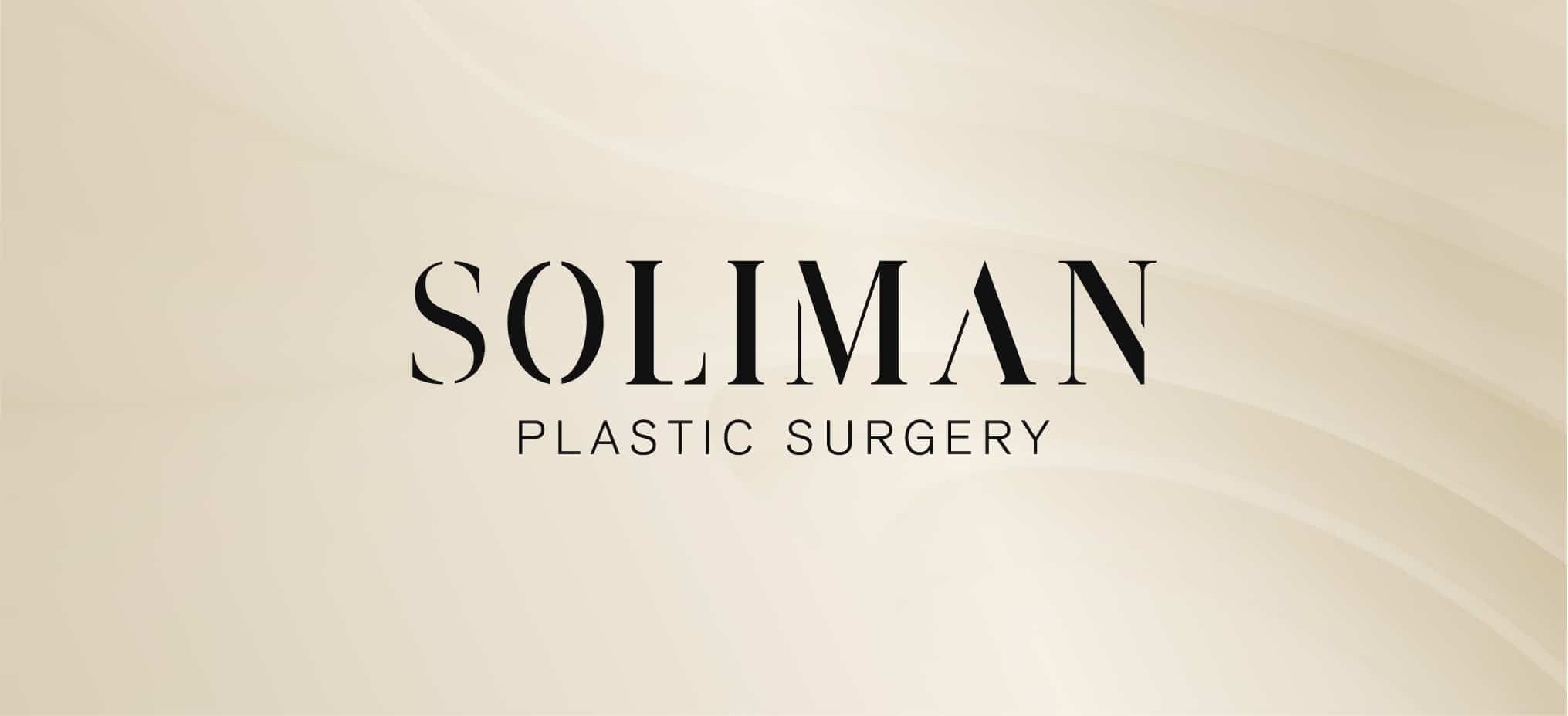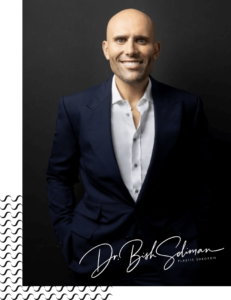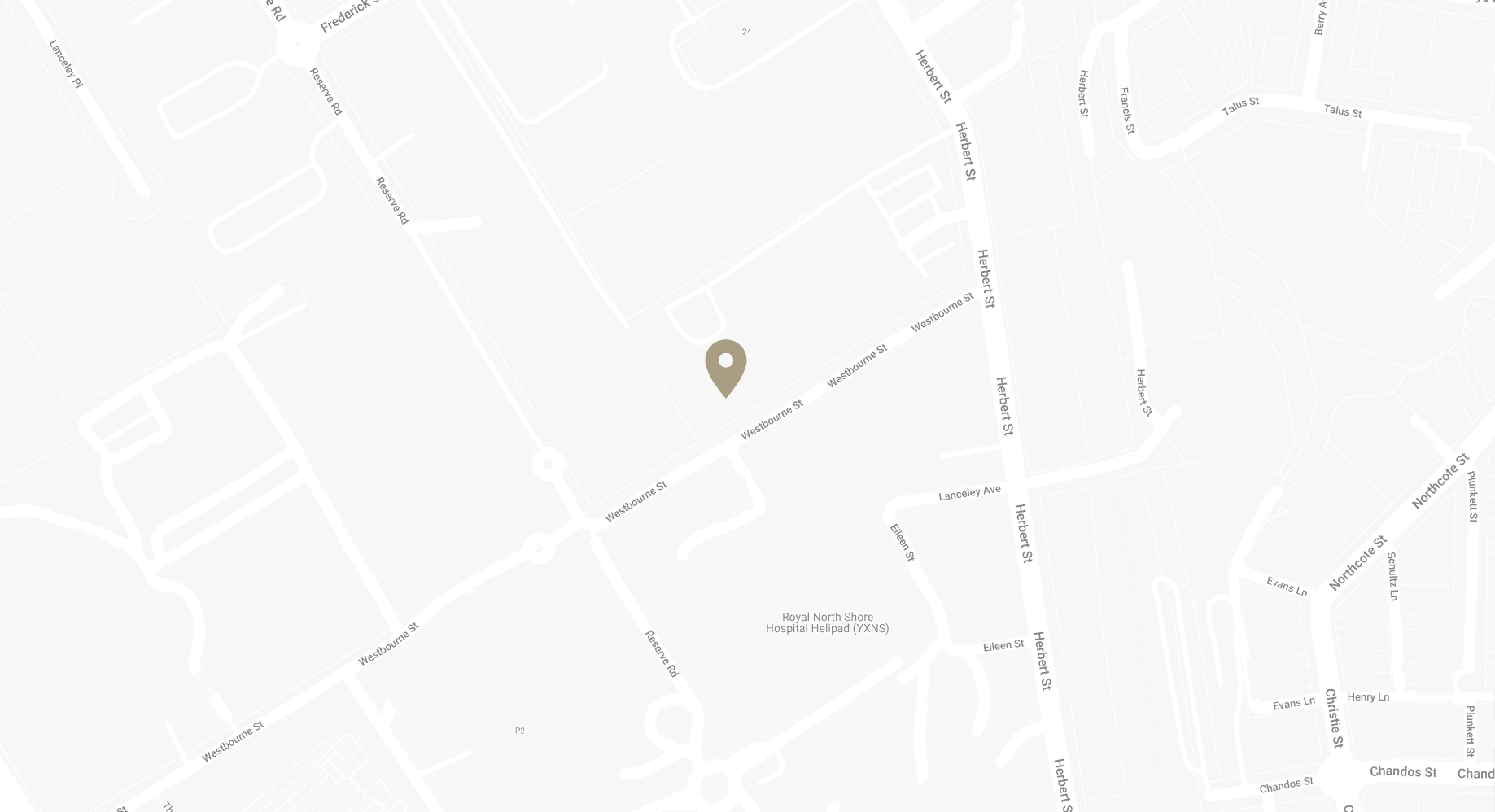Plastic surgery scars can be unsightly and uncomfortable. If you have a plastic surgery scar, you may be looking for ways to reduce its appearance. One treatment option for plastic surgery scars that you may have heard about is silicone strips. Silicone strips are a non-surgical treatment that can be effective in reducing the profile, redness, and thickness of scars. They can also help to prevent the formation of keloids.
Specialist Plastic Surgeon Dr Bish Soliman performs different types of breast procedures, as well as body and facial procedures.
How Silicone Strips Work?
Silicone strips work by creating a moist environment over the scar. This helps to keep the scar tissue soft and pliable, which can make it less noticeable. Silicone strips also help to reduce inflammation and itching around the scar.
The silicone in the strips creates a physical barrier that prevents water from evaporating from the skin. This helps to keep the scar tissue hydrated, which is important for healing. The silicone also blocks out bacteria and other contaminants, which can help to prevent infection.
How Effective Are Silicone Strips?
Studies have shown that silicone strips can be effective in reducing the profile and redness of scars. Patients who used silicone strips had a reduction in scar profile compared to those who did not use silicone strips.
Another study found that silicone strips can be effective in preventing the formation of keloids. Keloids are raised, disfiguring scars that can form after surgery.
Are Silicone Strips Safe?
Silicone strips are generally considered to be safe. They are made of a medical-grade silicone that is non-toxic and hypoallergenic. This means that they are unlikely to cause any harm to your skin. Silicone strips are also non-irritating and can be used on all skin types, including sensitive skin.
However, it is important to note that silicone strips can cause some side effects in some people. These side effects are usually mild and go away on their own. Some of the most common side effects of silicone strips include:
- Skin irritation
- Redness
- Itching
- Blistering
- Peeling
If you experience any of these side effects, stop using the silicone strips and talk to your plastic surgeon.
How Long Do You Need To Use Silicone Strips?
The length of time that you need to use silicone strips will vary depending on the severity of your scar. In general, you should use silicone strips for 3-6 months after your surgery. Some people may need to use them for longer.
If you have a small, raised scar, you may only need to use silicone strips for a few months. But if you have a large, thick scar, you may need to use them for up to a year.
It is important to continue using silicone strips for as long as your plastic surgeon recommends. This will help to ensure that your scar heals properly and fades as much as possible.
How Do You Use Silicone Strips?
Silicone strips are easy to use. Simply clean the scar area with soap and water and dry it thoroughly. Then, apply the silicone strip to the scar and smooth it out. The strip should cover the entire scar, including the edges.
You can wear silicone strips for 12-24 hours per day. You can remove them to shower or bathe, but be sure to dry the scar area thoroughly before reapplying the strip.
If the strip becomes loose or starts to peel, replace it with a new strip.
Here are some additional tips for using silicone strips:
- Apply the strip to a clean, dry scar
- Smooth out the strip to ensure that it is in contact with the entire scar
- Wear the strip for 12-24 hours per day
- Remove the strip to shower or bathe, but be sure to dry the scar area thoroughly before reapplying the strip
- If the strip becomes loose or starts to peel, replace it with a new strip
- If you have any questions or concerns about using silicone strips, talk to your plastic surgeon
Where Can You Buy Silicone Strips?
Silicone strips are available over-the-counter or by prescription. You can find them at most pharmacies, medical supply stores, and online retailers.
Silicone Strips vs Other Scar Reduction Methods
| Scar Reduction Method | Advantages | Disadvantages |
| Silicone strips | Non-surgical, easy to use, safe for most skin types, effective in reducing the profile, redness, and thickness of scars, and preventing the formation of keloids. | Can be expensive, may not be effective for all scars, and may cause some side effects such as skin irritation, redness, itching, blistering, and peeling. |
| Pressure therapy | Non-surgical, easy to use, effective in reducing the profile and redness of scars, and preventing the formation of keloids. | Can be uncomfortable, may not be effective for all scars, and may cause some side effects such as skin irritation, redness, and itching. |
| Topical creams and ointments | Non-surgical, easy to use, relatively inexpensive, and may be effective in reducing the redness of scars. | May not be effective for all scars, and may cause some side effects such as skin irritation and dryness. |
| Laser therapy | More expensive than other scar reduction methods, but can be effective in reducing the profile, redness, and thickness of scars, and preventing the formation of keloids. | Requires multiple treatments, may cause some side effects such as skin irritation, redness, and swelling. |
| Surgical scar revision | The most effective scar reduction method, but also the most invasive and expensive. | Requires general anaesthesia, can cause scarring, and may not be effective for all scars as they may recur. |
The best scar reduction method for you will depend on the severity of your scar, your budget, and your individual preferences. If you are unsure of which method is right for you, talk to your plastic surgeon.
Here are some additional things to consider when choosing a scar reduction method:
- The severity of your scar: More severe scars will require more aggressive treatment
- Your budget: Scar reduction methods can range in price from a few dollars to several thousand dollars
- Your individual preferences: Some people prefer non-surgical treatments, while others are willing to undergo surgery
It is important to discuss all of your options with your plastic surgeon so that you can choose the scar reduction method that is right for you.
FAQs about Silicone Strips for Scar Reduction
Can I use silicone strips on open wounds?
- No, you should not use silicone strips on open wounds. Silicone strips are designed to be used on scars that have already healed. Using silicone strips on an open wound could trap bacteria and other contaminants, which could lead to infection.
Can I use silicone strips on my face?
- Yes, silicone strips can be used on your face. However, it is important to choose a silicone strip that is specifically designed for use on the face. These strips are typically thinner and more flexible than regular silicone strips, which makes them less noticeable on the face.
Can I use silicone strips while I am pregnant or breastfeeding?
- There is no evidence to suggest that silicone strips are harmful to pregnant or breastfeeding women. It is always best to talk to your plastic surgeon before using any new product during pregnancy or breastfeeding.
Can I use silicone strips with other scar treatments?
- Yes, you can use silicone strips with other scar treatments, such as pressure therapy or laser therapy. In fact, using multiple scar treatments together may be even more effective than using one treatment alone.
How do I know if silicone strips are right for me?
- If you have a scar that you would like to reduce the appearance of, silicone strips may be a good option for you. But it is important to talk to your plastic surgeon before using silicone strips. He can help you determine if silicone strips are right for you and can recommend a specific product to use.
Further Reading about Plastic Surgery with Dr Bish
- Read Dr Bish’s Breast Reconstruction Surgery Page
- Read Dr Bish’s Breast Reduction Surgery Page
- Read Dr Bish’s Blepharoplasty Surgery Page
- Read Dr Bish’s Abdominoplasty Surgery Page
- Read Dr Bish’s Blog about How to Minimise Scars after Gynaecomastia
- Read Dr Bish’s Blog about Sydney Plastic and Reconstructive Surgeon Dr Bish Soliman Helps Save Shark Attack Victim Brigitte Do
Medical References about Silicone Strips for Plastic Surgery Scars
- Update on hypertrophic scar treatment
- Effects of silicone gel sheet on the stratum corneum hydration
- Morphological analysis of the connective tissue reaction in linear hypertrophic scars treated with intralesional steroid or silicone-gel sheeting
- The relationship between keloid growth pattern and stretching tension
- The Efficacy of a Silicone Sheet in Postoperative Scar Management



